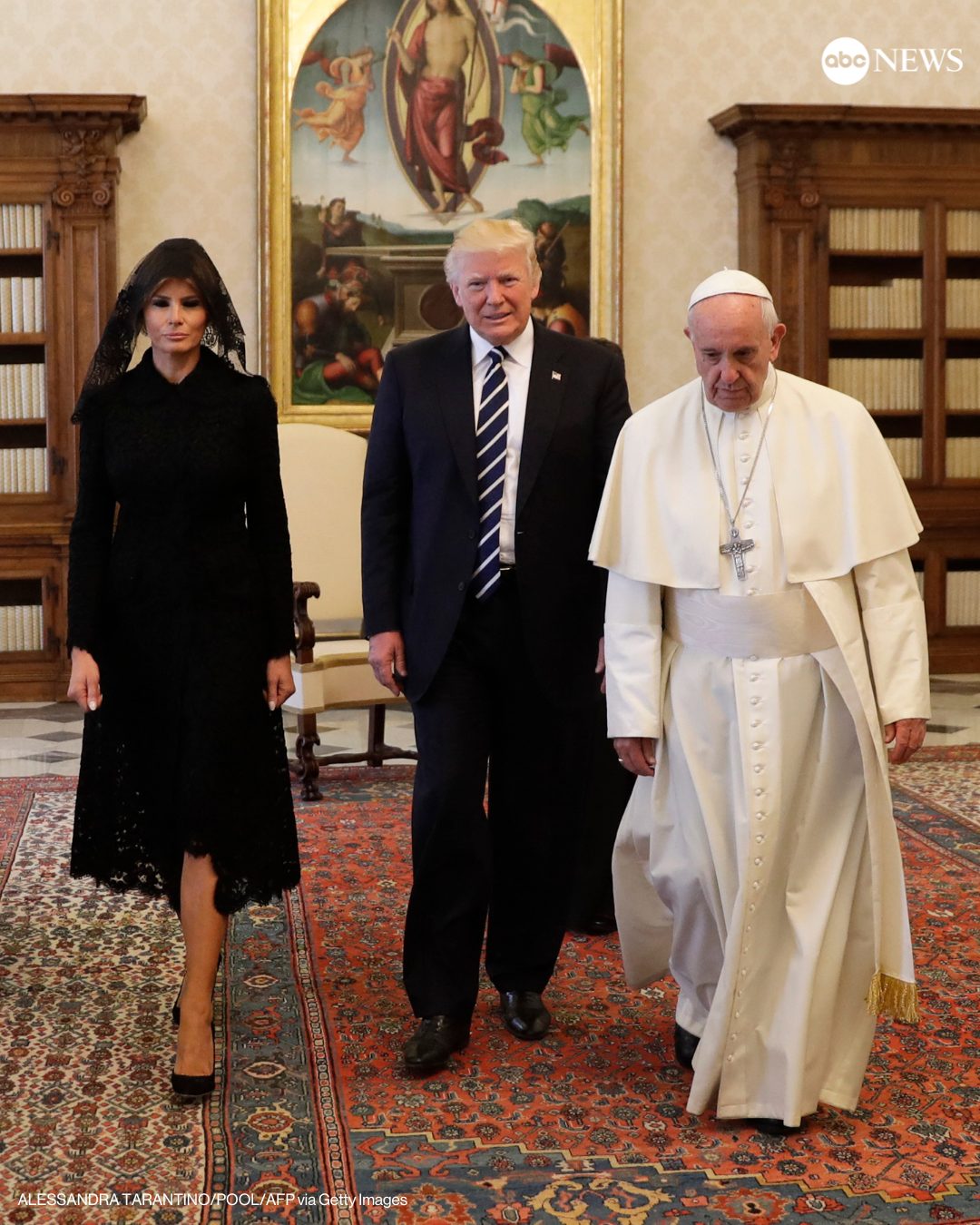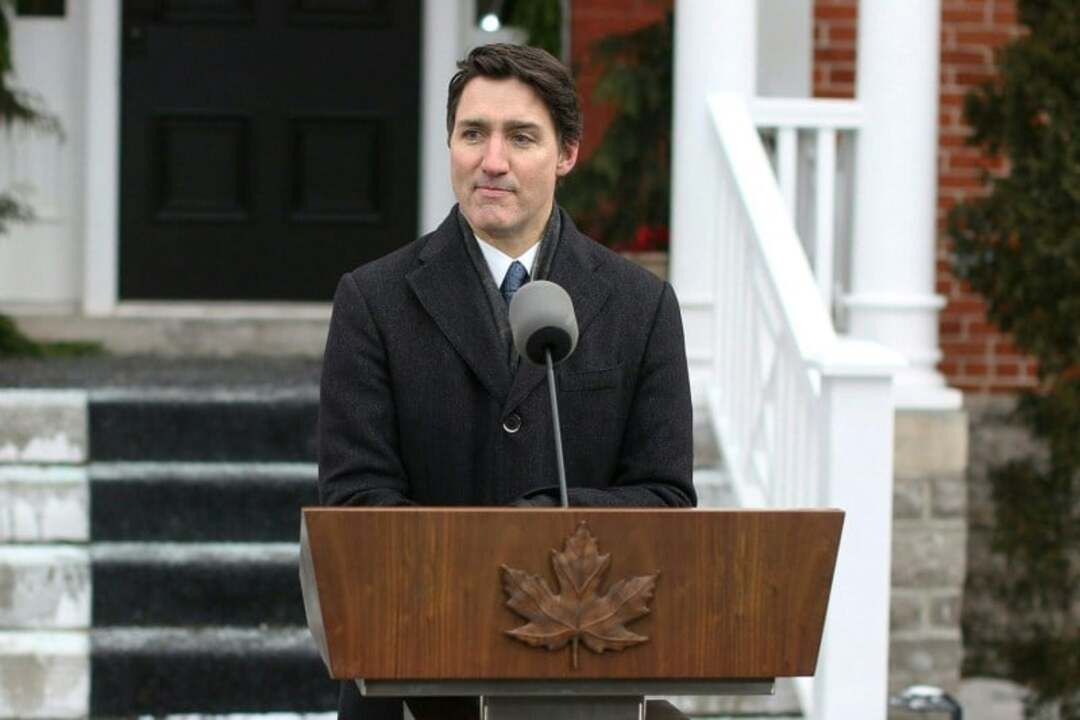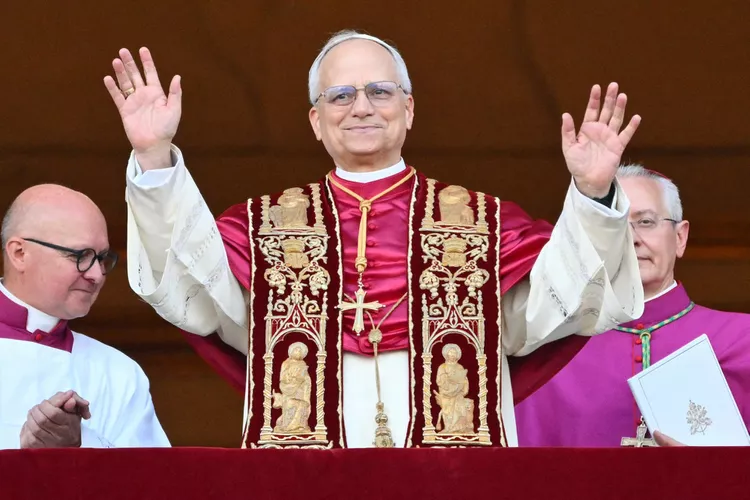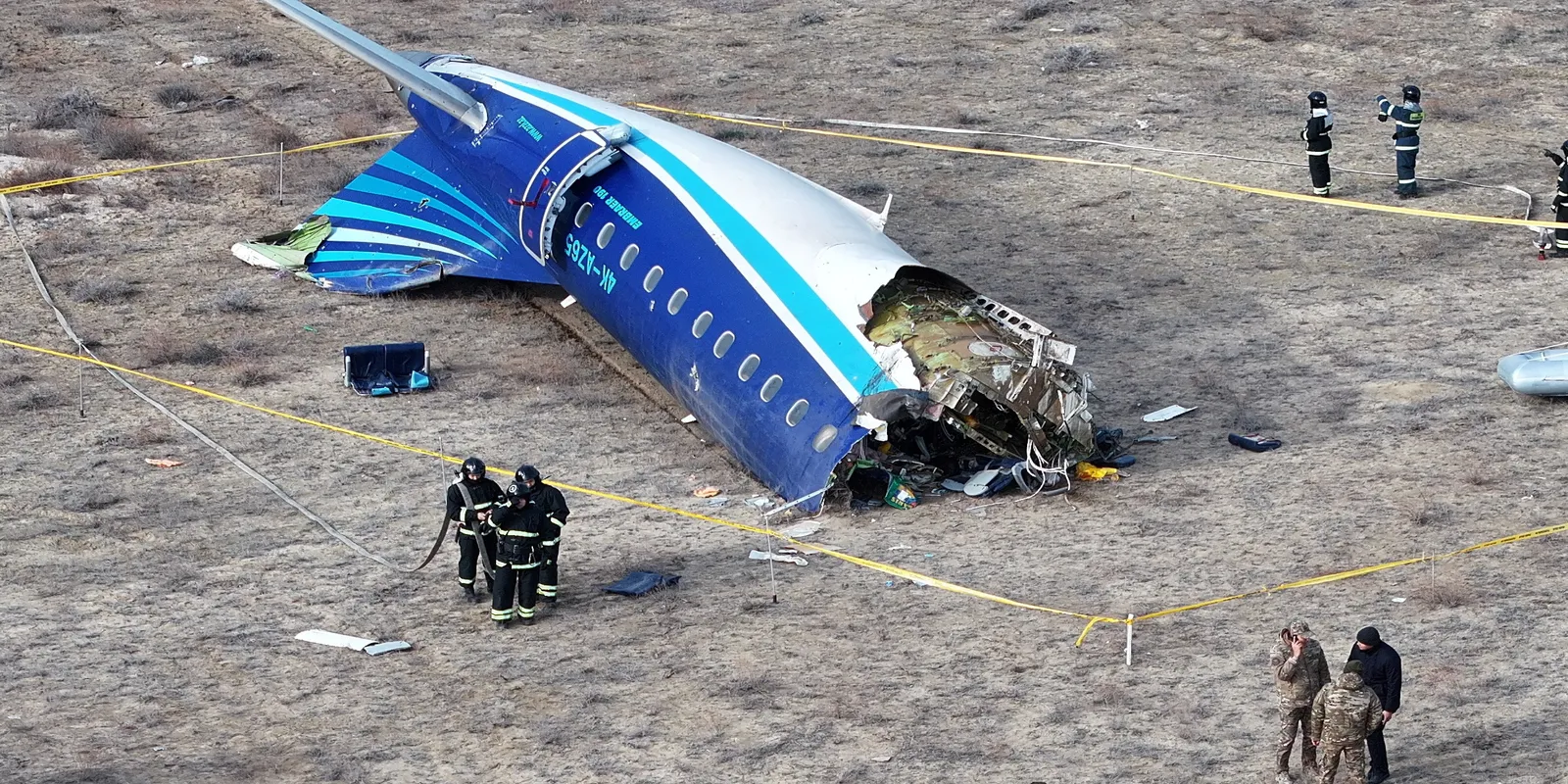Prime Minister Justin Trudeau announced on Monday that he intends to step down as Canada’s prime minister and leader of the Liberal Party once a new party leader is selected.
“I intend to resign as party leader and prime minister after the party chooses its new leader,” the 53-year-old stated during a news conference in Ottawa.
Trudeau also revealed that Canada’s Parliament will be suspended until March 24 to allow time for the leadership transition.
Reflecting on his time in office, Trudeau acknowledged one significant regret: his failure to reform Canada’s election process ahead of the upcoming general election, expected this fall.
“If I have one regret—well, probably many regrets that I will reflect on—but I do wish we had been able to change the way we elect our governments in this country,” he said. “I hoped people could vote with second or third choices on the same ballot.”
Why Is Trudeau Resigning?
Trudeau, who has led the Liberal Party for 11 years and served as prime minister for nine, has faced growing political and public challenges in recent years. These include deteriorating approval ratings, internal party strife, and external crises, such as trade disputes with the United States under Donald Trump’s administration. His decision to resign may be seen as a preemptive step ahead of a general election that he is widely expected to lose.
Having brought the Liberals to power in 2015 with promises of “sunny ways,” Trudeau initially championed progressive causes, including tackling climate change and addressing historic injustices against Indigenous peoples. However, his later years in office were increasingly overshadowed by economic discontent.
A viral confrontation with a steelworker encapsulated public frustration. “You’re not really doing anything for us, Justin,” the worker said, a sentiment echoed by many Canadians grappling with rising costs of living.
Mounting Political Struggles
Trudeau’s government faced significant setbacks last year, including the sudden resignation of Deputy Prime Minister and Finance Minister Chrystia Freeland. Freeland stepped down just hours before delivering her annual fiscal update, criticizing Trudeau’s leadership in a scathing resignation letter. She cited his “political gimmicks,” likely referring to measures such as a two-month sales tax holiday and CA$250 rebates for workers, which were widely viewed as pre-election handouts.
Freeland warned that Canada could “ill afford” such policies amidst economic challenges, including the looming threat of hefty U.S. tariffs.
Further complicating matters, U.S. President-elect Donald Trump—set to return to the White House on January 20—has announced plans to impose a 25% tariff on all Canadian imports. Trump has also publicly derided Trudeau and Canada, dismissively referring to the prime minister as the “governor” of the “Great State of Canada.”
What Comes Next?
The Liberal Party’s national executive, responsible for managing leadership transitions, is set to meet later this week, likely following discussions within the party’s caucus. The suspension of Parliament aims to provide the necessary time for the Liberals to select a new leader.
Potential candidates to succeed Trudeau include:
- Mark Carney, former governor of both the Bank of England and the Bank of Canada.
- Mélanie Joly, the current foreign minister.
- Chrystia Freeland, the former deputy prime minister and finance minister.
The party hopes that fresh leadership could revive its fortunes ahead of the general election, scheduled for October 20 or earlier. Current polls, however, show the Liberal Party trailing the opposition Conservative Party, led by Pierre Poilievre, by more than 20 points.
“This country deserves a real choice in the next election, and it has become clear to me that if I’m having to fight internal battles, I cannot be the best option in that election,” Trudeau said during Monday’s announcement.
A Challenging Landscape
Trudeau has been elected prime minister three times, most recently in 2021, when the Liberals retained power but lost their governing majority. Since then, Pierre Poilievre’s Conservatives have gained significant momentum, fueled by voter dissatisfaction with Trudeau’s leadership.
Addressing the challenges ahead, Trudeau strongly criticized Poilievre’s vision for Canada, calling it out of step with the country’s needs.
“Stopping the fight against climate change doesn’t make sense,” Trudeau said. “Backing away from the values of diversity and inclusion that have always strengthened Canada is not the right path for this country. And attacking journalists and institutions like the CBC? That’s not what Canadians need right now.”
Instead, Trudeau argued, Canadians deserve a forward-looking, ambitious, and optimistic vision—something he contends Poilievre is failing to provide.
What Others Are Saying
Reactions to Justin Trudeau’s resignation on Monday were swift and varied, with prominent political figures weighing in.
President-elect Donald Trump reiterated his controversial idea that Canada and the U.S. should merge into one country.
“Many people in Canada LOVE being the 51st State,” Trump wrote on Truth Social. “The United States can no longer suffer the massive trade deficits and subsidies that Canada needs to stay afloat. Justin Trudeau knew this and resigned.”
He added, “If Canada merged with the U.S., there would be no tariffs, taxes would go way down, and they would be TOTALLY SECURE from the Russian and Chinese ships constantly surrounding them. Together, what a great nation it would be!”
Pierre Poilievre, leader of the Conservative Party and a strong contender in the upcoming general election, seized the moment to appeal to voters.
“Canadians can take back control of their lives and their country,” Poilievre said in a video posted on X. “Take back control of our border, immigration, spending, deficits, and inflation.
“We’ll cap spending, cut taxes, reward hard work, build homes, stop crime, secure borders, rearm our forces, and put Canada first,” he declared.
Chrystia Freeland, a potential replacement for Trudeau as Liberal Party leader, expressed gratitude for his service while keeping her comments brief.
“I thank Justin Trudeau for his years of service to Canada and Canadians. I wish him and his family the very best,” she posted on X.
At his press conference, Trudeau mentioned that he had hoped Freeland would remain as his deputy but acknowledged that she had “chosen otherwise.” He declined to provide further details about their discussions.
Source: CNN



 Business11 months ago
Business11 months ago
 Dipolog1 year ago
Dipolog1 year ago
 Dipolog1 year ago
Dipolog1 year ago
 Business1 year ago
Business1 year ago
 Business11 months ago
Business11 months ago
 Dipolog1 year ago
Dipolog1 year ago
 Dipolog1 year ago
Dipolog1 year ago
 Dipolog1 year ago
Dipolog1 year ago













